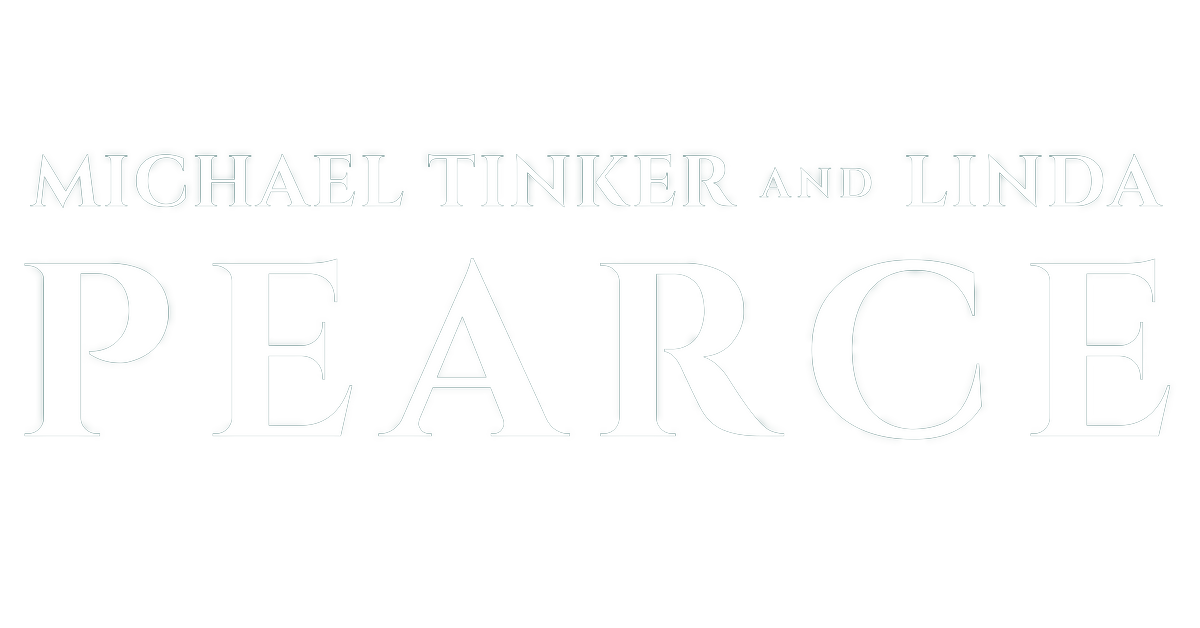Science Fiction is simply speculative fiction with deals with events dictated by science and technology. It is usually set in the future, but the defining characteristic is that the story could not occur without the intervention of a particular scientific or technological development.
That’s the classic definition. The largest division is between Hard and Soft science fiction. ‘Hard SF’ or ‘Hard Science’ SF attempts to be rigorously accurate in it’s descriptions of science and technology. ‘2001: a Space Odyssey‘ could not happen without the sentient computer HAL, interplanetary spacecraft etc. The main technologies of the book, while not existing at the time it was written, are rendered in accordance with the best scientific understanding of the time in which it was written. Many early science fiction stories were predicated on things like orbital mechanics and other scientific principles or emerging theories.
Soft SF maintains scientific underpinnings but is not rigorous in it’s descriptions of science and technology and is often focussed on ‘soft’ sciences like sociology. Star Wars could not happen without interstellar flight, blasters and light-sabers but none of these technologies are explained or even necessarily accurately depicted. In War of the Worlds the aliens have heat-rays and giant tripodal war machines which are central to the story but again, not explained in scientific terms.
Of course a lot of SF straddles the line between these two divisions, and even Hard SF will generally allow for at least one technology (often Faster-than-light travel) that is not rigorously explained. Sub-genres also frequently cross over between the categories as well. Military Science Fiction is a good example of this; frequently having a firm underpinning in existing technology can give the story an enhanced sense of reality, but some authors manage the same feeling of reality be rigorously adhering to ‘made-up’ science. David Weber’s Honor Harrington series fits this well; the universe feels real because the tech and scientific principles are well understood and consistent even if they do not necessarily represent rigorous accuracy.
Speculative fiction often starts with a scientific idea based on an emerging technology or scientific theory and explores the social ramifications of that technology. ‘Beggars in Spain‘ by Nancy Kress explores the potential ramifications of genetic engineering by creating humans that do not sleep and discussing how this affects society. Mind you the central element of the plot did not represent the best scientific thinking of it’s day, but it’s well thought out, well written and compelling. Well worth reading.
Our own novel ‘Diaries of a Dwarven Rifleman‘ could be described as Hard SF set in a medieval fantasy world. The central technology that enables the story to occur (Large-caliber air-guns) is rigorously researched, and every technology in the story is fully consistent with modern scientific understanding. Even the one departure from this rule, magic, operates in a science-like fashion and follows scientific principles. The creation of the dwarves is ambiguous- was it magic or science? Or both? Is there a difference and does it matter? Not to the story, so it’s never really addressed.
Our second novel ‘Rage of Angels‘ is both Hard SF and Military SF. It was especially cool for me because for the first time we could use warp physics and ‘reactionless’ thrusters as Hard Science. How cool is that? Mind you while I did a lot of research and very, very complicated math to insure that everything would work as advertised we only explain things in the book that are relevant to the story. The reader doesn’t need to see the math to feel it’s presence.
The point, I suppose, is that the term ‘Science Fiction’ takes in a lot of territory, and means a lot of different things but science, good, bad or indifferent, is always at the core.
